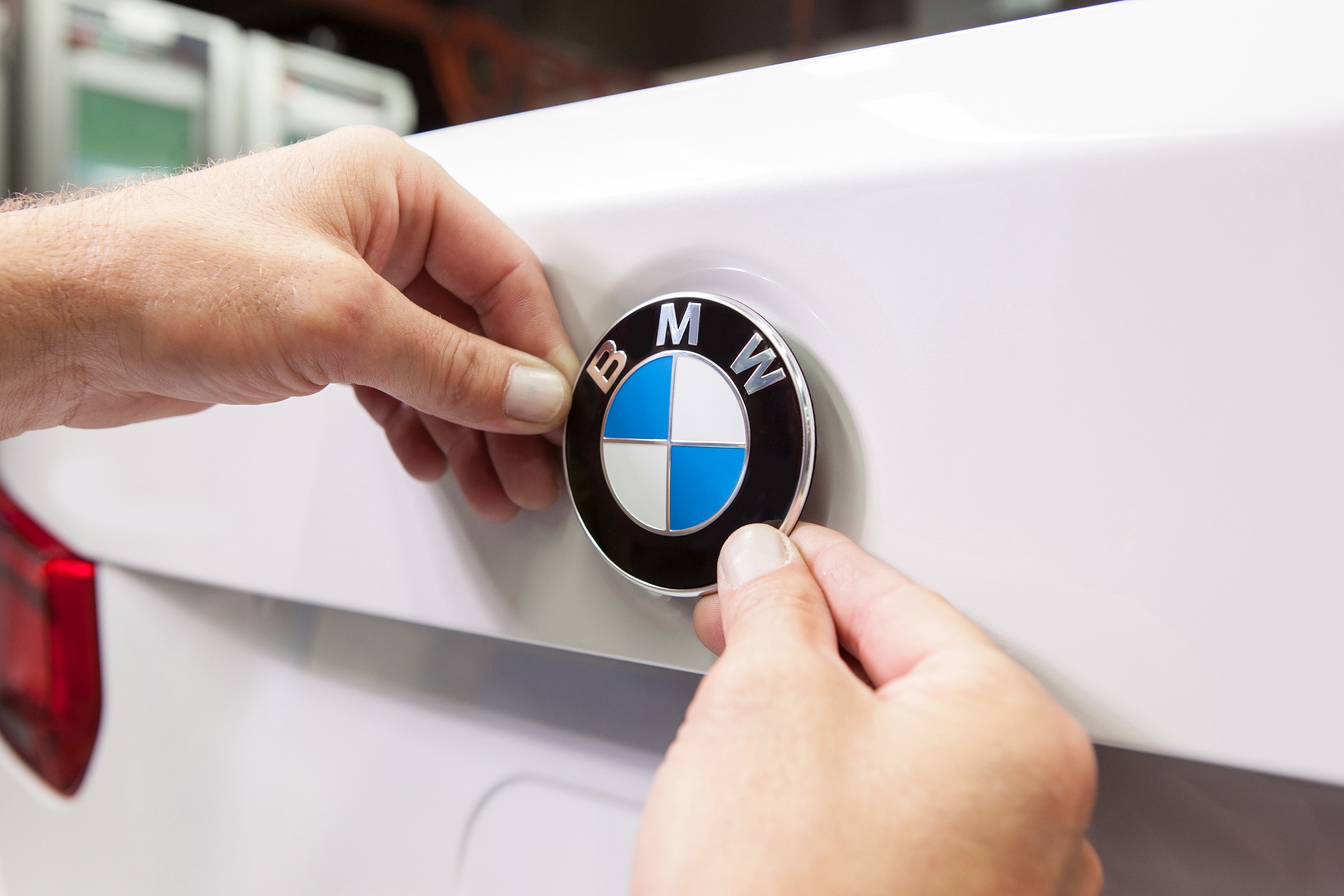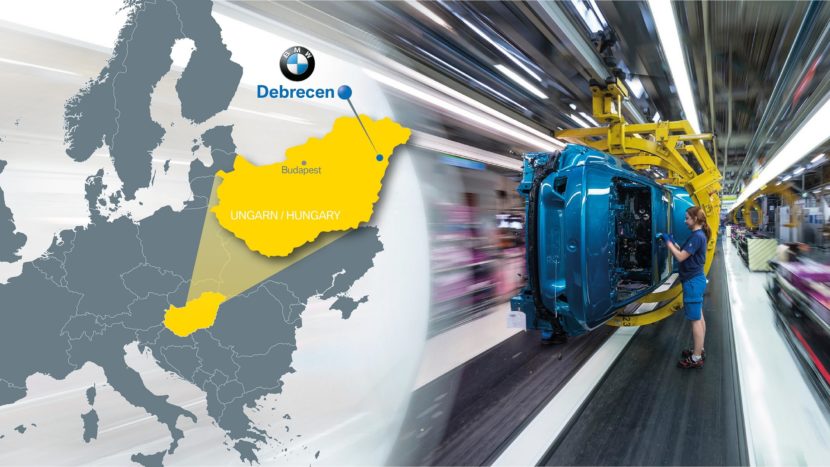According to a report by Handelsblatt, but not confirmed by BMW nor Daimler, both companies are putting their investments in Hungary on hold as the industry struggles with lower demand and the threat of higher auto tariffs by the United States. Daimler’s management board decided to delay the commissioning of a second plant at its Hungarian site Kecskemet by at least a year, Handelsblatt says, citing company sources.
BMW is still aiming for groundbreaking for its factory in Debrecen, but there are intense discussions on the start-up of the new site, company sources are quoted by Handelsblatt as saying.
In 2018, BMW announced that it plans to build a new plant from the ground up in Hungary, near the town of Debrecen. The new location will have a capacity of about 150,000 units a year, create about 1,000 jobs and translate into an investment of about €1 billion. The location was chosen because of its excellent infrastructure and positioning inside the EU, BMW’s largest market, accounting for about 45% of its vehicle sales.
The Debrecen plant aims to be a state of the art plant and part of the BMW Group Strategy NUMBER ONE > NEXT, as it will allow various models to be built on the assembly line, powered by both internal combustion and electric powertrains. That’s paramount for the future of the brand, as the industry is definitely going electric but the switch will have to be slowly rolled out while conventional cars are being phased out.
The potential decision to put on hold the factory plans could be related to the recent financial report. BMW’s first-quarter operating profit fell 78 percent to 589 million euros, despite higher deliveries of luxury vehicles, as the carmaker felt the effects of higher investment spending and a 1.4 billion euro ($1.6 bln) legal provision.BMW said the decline partly reflected the costs of converting factories to make electric cars – with such investment rising 36% on the same period last year.






































































